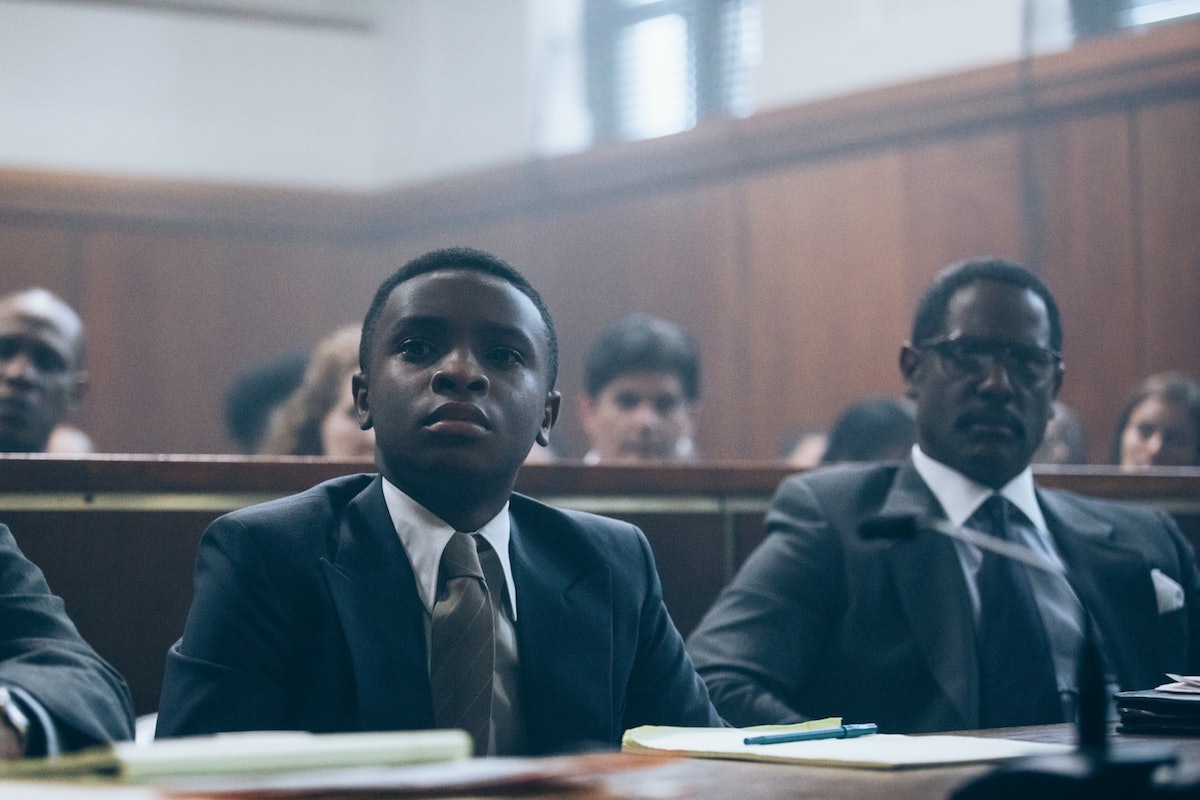[dropcap]Ava[/dropcap] DuVernay’s new Netflix docuseries When They See Us depicts the heartbreaking story of the 1990 Central Park Five case in which a group of young Black and Latinx boys were convicted of a crime that they did not commit. Antron McCray, Kevin Richardson, Yusef Salaam, Raymond Santana, and Korey Wise, falsely confessed to the rape of a female jogger, which led to them being imprisoned for six to 13 years. The series explores the ways the Central Park Five were villainized in the media and in public opinion — and particularly for their use of African American English (AAVE) and Black slang. [mc4wp_form id=”6042″]
In an interview with The Hollywood Reporter, DuVernay said that when the case was first publicized, she was shocked at how the media’s misinterpretation of slang in the Central Park Five case led to the further dehumanization of the boys. One scene in Episode Two shows how, after some of the boys told detectives that they were “wilin’ out” in Central Park on the same night the rape occurred, the media interpreted the phrase to mean “wilding,” when it just means having fun or hanging out. The screen cuts to tabloids and newspapers with the words “WILDING” splashed across them as an indictment. Audio clips play newscasters interpreting “wilin’ out” as a description of violent acts committed by “wolf packs” of young people. To translate “wilin’ out” as “wilding” cements a vision of these innocent boys as “wild,” as savage, as animal, as other, a vision that’s rooted in the institutional dehumanization of Black people.



You must be logged in to post a comment.